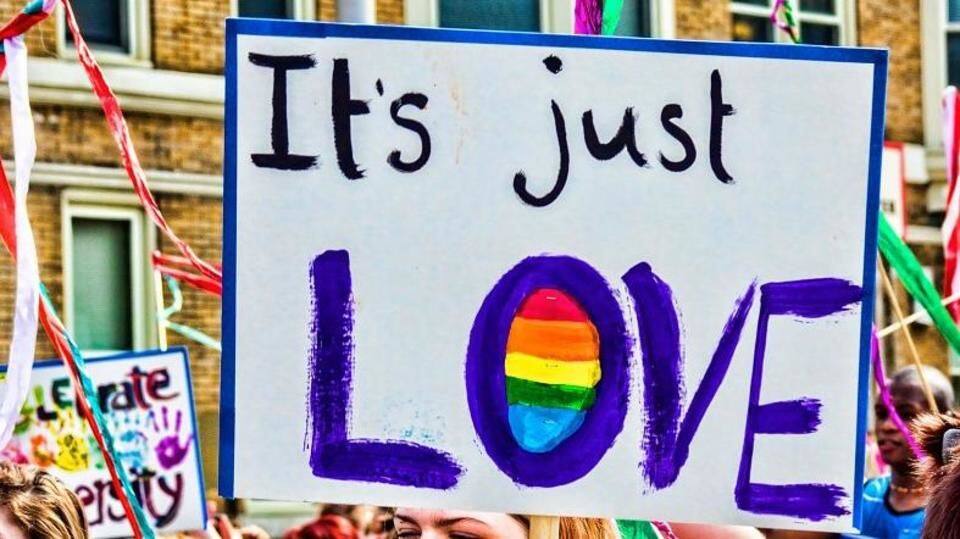
SC reconsiders Section 377: Hope for LGBT community this time
What's the story
The controversial Section 377 that criminalizes homosexuality has once again reached the SC, where a three-judge bench agreed to review its 2013 decision upholding the law.
But this time, the fight for LGBT rights has a major boost: the right to privacy, which was declared a fundamental right in August last year.
A larger bench will now hear the matter. Here's all about it.
About
A brief introduction to the controversial Section 377
Section 377, introduced during colonial rule in 1861, criminalizing any sexual activity "against the order of nature", including anal sex, oral sex, penile penetration of "artificial orifices" and "penile-non-vaginal sexual acts".
If convicted, a person can be imprisoned for life or for a term up to ten years, and a fine.
About 200 people have been prosecuted under Section 377 till now.
Legal
The years-old legal battle against Section 377
In 2001, a writ petition was filed in the Delhi HC against Section 377. It was dismissed.
In 2004, the SC observed Section 377 needs reconsideration and referred the matter back to the HC.
In 2009, the HC struck down the clause, but the SC overturned the verdict in 2013.
In 2016, it referred curative petitions challenging its 2013 ruling to a five-judge bench.
India
India is confused about rights for gay people
India seems unsure about gay rights. In 2015, it favored denying benefits to UN staff marrying same-sex partners.
Last year, the Health Ministry recognized same-sex attraction among teenagers, but didn't exactly endorse such attraction in adulthood.
Arun Jaitley and Shashi Tharoor are two of the few leaders who have spoken for LGBTs.
Ironically, there's ample depiction of homosexual activities in ancient texts of Hinduism/Jainism/Buddhism.
Privacy
The privacy verdict that could change the battle's course
On August 24, 2017, the SC deemed privacy a fundamental right, linking it to Articles 14, 19 and 21, thus extending it to sexuality, parting of personal data etc.
Justice DY Chandrachud observed about the SC's 2013 order: "That 'a miniscule fraction' (is affected) is not a sustainable basis to deny the privacy."
Discrimination due to sexual orientation is "deeply offensive", he added.
Information
SC wants the Center to respond on the matter
The SC has now sought the Center's response on a petition against Section 377 by five LGBT members, who argued they have to live in fear due to their natural orientation. A larger bench will decide on the law's constitutional validity.